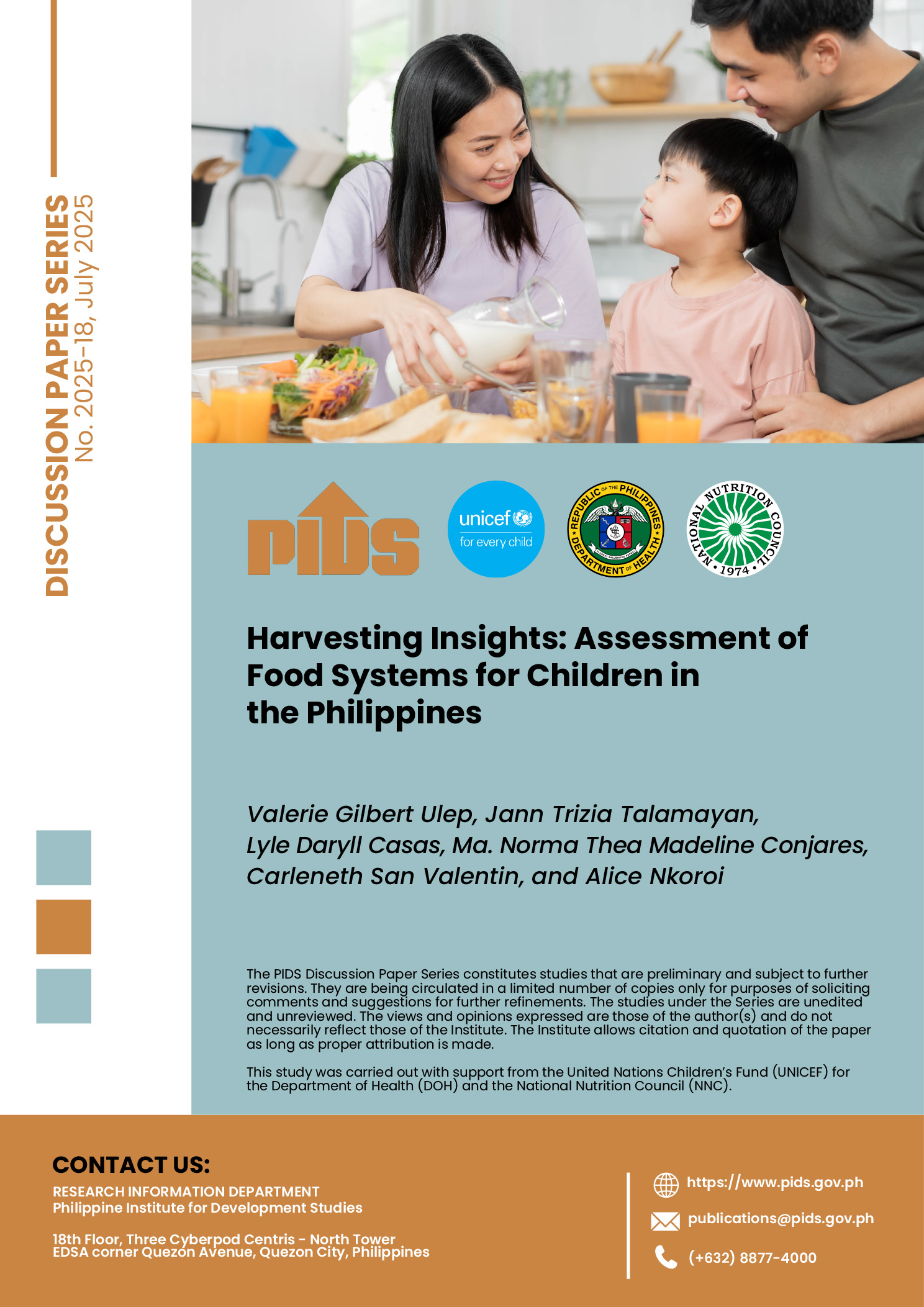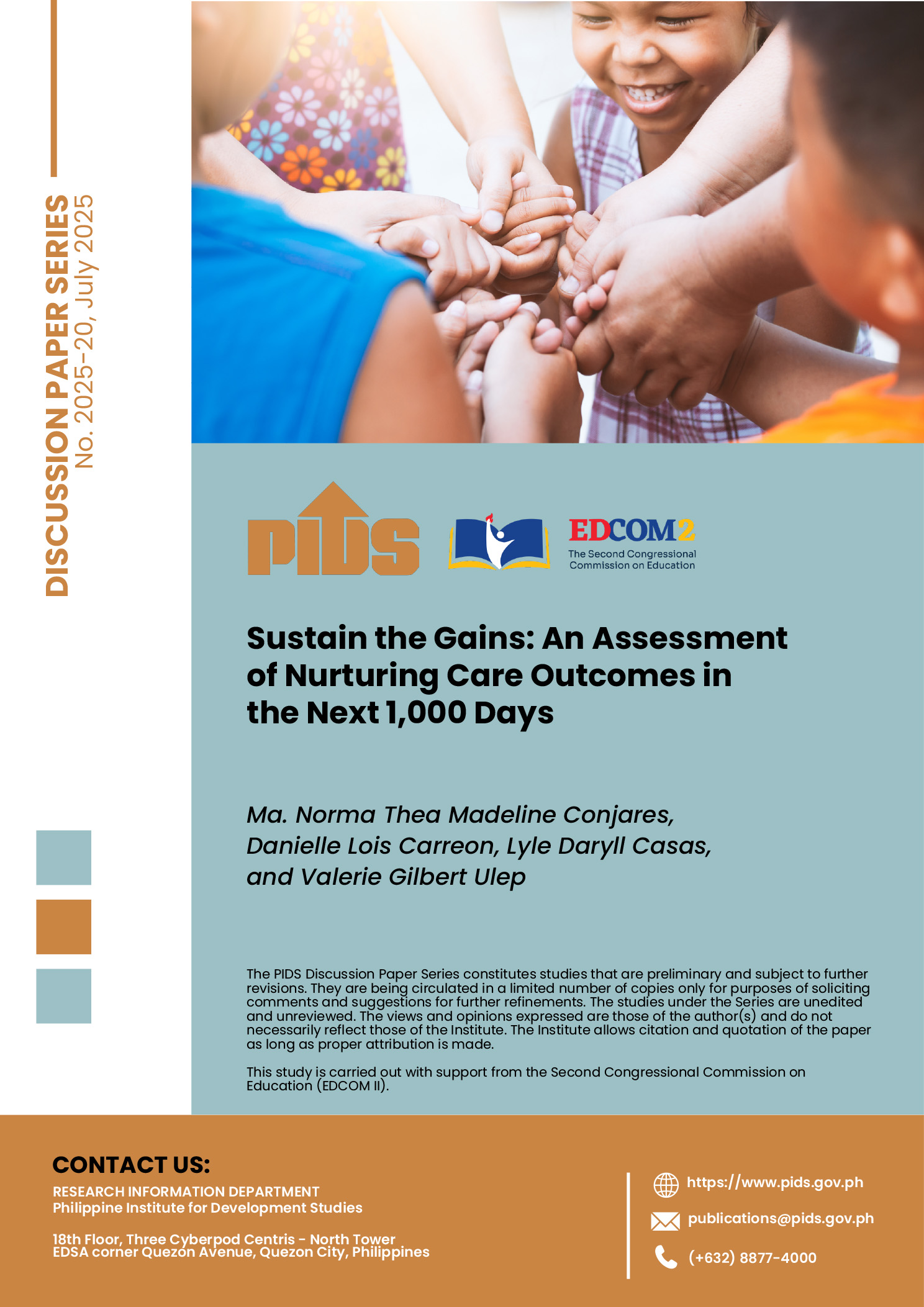Last week, Congress received from the Executive the proposed budget for 2021 totalling P4.5-trillion. The budget reflects government’s optimism that the economy will be able to rebound from the recession triggered by the extended lockdown it imposed in March, deemed by many on hindsight as ill-advised and ill-conceived. This optimism is not shared by some economic experts.
Government is anchoring the miracle of a recovery in 2021 on huge spendings for infrastructure. But the fat sums for roads and structures sadly come at the expense of cash aid and other programs to ease the burdens of the poor and other sectors displaced by the pandemic. There will be no relief nor restful sleep for them in 2021, as media has reported that the proposed budget for the Social Welfare Department has been reduced substantially from P366.5 billion to P171.2 billion.
With no allocation for “social amelioration” similar to what has been extended this year, government makes itself vulnerable to accusations that it is being insensitive to the suffering of the poor. And the economic recession is largely expected to increase the ranks of the poor. A study by the Philippine Institute for Development Studies (PIDS), released just last month, projected that the recession could raise the number of poor Filipinos to 1.5 million, requiring wider and more inclusive policy interventions.
The biggest increase – a whopping 55 percent – has been allotted to the Department of Public Works and Highways (DPWH). The agency received a proposed allocation of P667.3 billion, a sizeable slice of it to fund road projects. Another big gainer is the Department of Transportation (DOTr), receiving P143.6 billion. Its budget for next year includes funding for various railway projects totalling P106.3 billion.
Infrastructure projects have become synonymous with pork barrel. And while pork barrel has been declared unconstitutional by the Supreme Court since 2013, it has since been remolded as congressional insertions in the budgets of various departments. This devious way of circumventing the Supreme Court ruling has kept “pork” alive. According to one media account, the current speaker was one of the architects of this legislative sleigh-of-hand during his term as senator.
Since assuming the House leadership, the speaker has tussled with his former colleagues in the Senate and with the Budget Department over these pork insertions. Recall that the 2020 national budget was famously delayed over a deadlock between senators and congressmen over supposed midnight insertions allegedly done at the behest of House leaders. When the Budget Department early this year again put on hold the release of funds for pet projects of congressmen in order to free up funds for the pandemic response, the speaker once again spoke in defense of the insertions. Recall also that the House awarded itself this year with some P1.6 billion, declared as funding for research for facilities improvement, but reportedly earmarked for select House officials. This generosity with taxpayer’s money has been one of the hallmarks of the House under its current leadership.
Whenever he is criticized, the speaker would always insist that these projects are not pork barrel. They are perfectly legal, he says, since the high tribunal outlawed lump sum allocations, and not specific and itemized projects in the budget. It is almost certain that the same legal and verbal contortions will be invoked to deny that the proposed 2021 budget oozes with all the pork grease through infrastructure projects.
It would be naive to expect that our legislators would willingly part with this privilege even in the face of a crippling pandemic. And the speaker has proven by words and deeds that he will always be vigorously defending privilege and access to pork, in whatever manner or by any other name.
The budget is a tool for governance, but the reality is that it is also used to promote and sustain patronage, and by extension, command political loyalty. When the outlook for 2021 is that of sustained uncertainty for ordinary citizens and the country, one thing appears to be certain: not even a pandemic nor the suffering of the people can break the speaker’s old habits.
Related Posts
Publications
Press Releases
Video Highlights
[No related items]
Infographics
[No related items]






